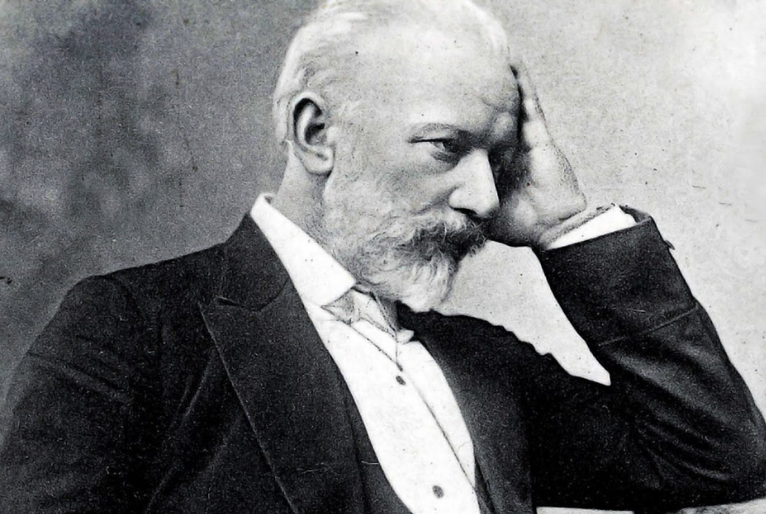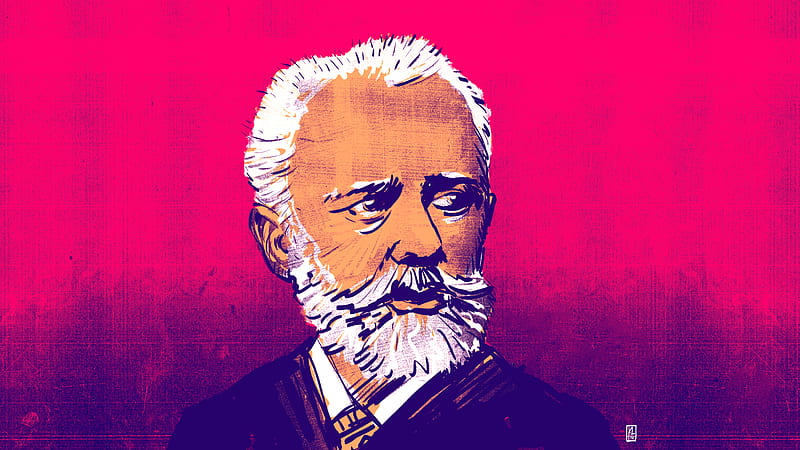
Pyotr Ilyich Tchaikovsky: A Biography
Pyotr Ilyich Tchaikovsky (1840–1893) remains one of the most beloved composers in classical music history. Known for his emotional depth, unforgettable melodies, and dramatic compositions,[…]

The Story Behind Tchaikovsky’s Romeo and Juliet
Pyotr Ilyich Tchaikovsky’s Romeo and Juliet Overture-Fantasy is a masterpiece that has captivated audiences since its creation. This symphonic work, inspired by William Shakespeare’s timeless[…]

Pyotr Ilyich Tchaikovsky – Biography and History
Pyotr Ilyich Tchaikovsky, one of the most celebrated composers in the history of classical music, was born on May 7, 1840, in Votkinsk, a small[…]